
Semester A
-
601 - Research methods and statistics
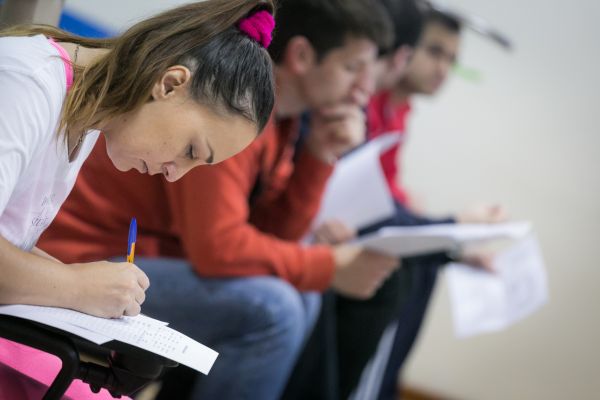 This is a module where the students at the end of it will be able to Understand the basic concepts of statistics, know the purposes of each statistical analysis in which one dependent variable is used, be able to develop research hypotheses involving one dependent variable and investigate them with the existing statistical technique, understand the concepts of validity and reliability, plan a small research project and investigate the validity and reliability of the research methods using statistics and investigate the above using statistical packages and PC.
This is a module where the students at the end of it will be able to Understand the basic concepts of statistics, know the purposes of each statistical analysis in which one dependent variable is used, be able to develop research hypotheses involving one dependent variable and investigate them with the existing statistical technique, understand the concepts of validity and reliability, plan a small research project and investigate the validity and reliability of the research methods using statistics and investigate the above using statistical packages and PC. -
602 - Data presentation and thesis writing
 This is a module where the students at the end of it will be able to discuss the characteristics of a good written and oral presentation, understand the structure, design, and evaluation criteria of a postgraduate thesis, understand the criteria based on which the different formats of data presentation are selected (e.g., graphs, tables, etc.), understand in the effective use of appropriate computer software to analyse and present data (e.g., excel, powerpoint, etc.), apply the knowledge he/she received (study presentation and thesis writing).
This is a module where the students at the end of it will be able to discuss the characteristics of a good written and oral presentation, understand the structure, design, and evaluation criteria of a postgraduate thesis, understand the criteria based on which the different formats of data presentation are selected (e.g., graphs, tables, etc.), understand in the effective use of appropriate computer software to analyse and present data (e.g., excel, powerpoint, etc.), apply the knowledge he/she received (study presentation and thesis writing). -
603 – Over-use of the musculo-skeletal system
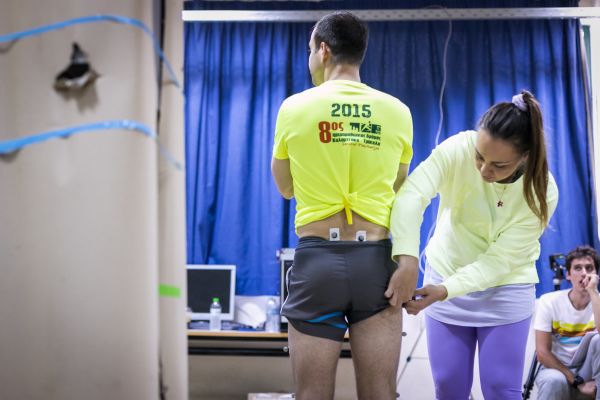 This is a module where the students at the end of it will be able to understand the term ‘over-use’ during physical work, as well as its epidemiological and pathophysiological aspects and its prevention. They will be able to discuss the functional mechanisms of the skeletal muscles, the factors contributing to the maintenance and proper function of the muscular system, as well as the long term effects of exercise on the human muscular system. In addition they will be able to understand the effect-load of physical exercise on the different joints and anatomic elements in relation to different activities. Finally they will know the characteristics of different muscular system dysfunctions and how proper muscular load can be used as a prevention and rehabilitation mean to maintain health.
This is a module where the students at the end of it will be able to understand the term ‘over-use’ during physical work, as well as its epidemiological and pathophysiological aspects and its prevention. They will be able to discuss the functional mechanisms of the skeletal muscles, the factors contributing to the maintenance and proper function of the muscular system, as well as the long term effects of exercise on the human muscular system. In addition they will be able to understand the effect-load of physical exercise on the different joints and anatomic elements in relation to different activities. Finally they will know the characteristics of different muscular system dysfunctions and how proper muscular load can be used as a prevention and rehabilitation mean to maintain health. -
604 - Exercise in Extreme Environments
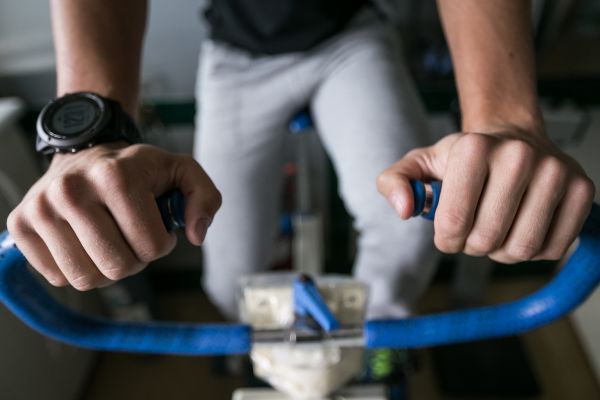 This is a module where the students at the end of it will be able to explain the underlying mechanisms of the physiological adaptations taking place when the human organism is exposed to extreme environments and apply the principles of exercise physiology in adverse environmental conditions. Furthermore, students will understand how the human organism adapt safely to extreme environments and perform exercise/work. Finally, they will be able to promote safe exercise and physical activity in harsh environmental conditions in order to protect the health of their colleagues when exposed to adverse environmental conditions.
This is a module where the students at the end of it will be able to explain the underlying mechanisms of the physiological adaptations taking place when the human organism is exposed to extreme environments and apply the principles of exercise physiology in adverse environmental conditions. Furthermore, students will understand how the human organism adapt safely to extreme environments and perform exercise/work. Finally, they will be able to promote safe exercise and physical activity in harsh environmental conditions in order to protect the health of their colleagues when exposed to adverse environmental conditions.
Semester B
-
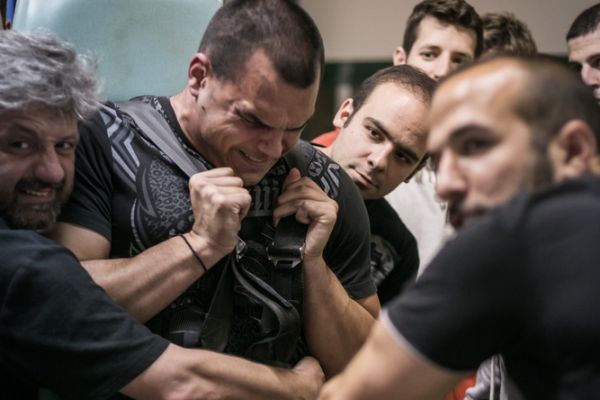
611 - Exercise Physiology and Training
This is a module where the students at the end of it they will be able to understand the aerobic and anaerobic energy pathways. Furthermore, they will be able to discuss the citric acid cycle and the electron transport chain and understand the muscle fibre type and how chemical buffers work in the body during exercise. Finally the will be able to understand the basic principles of aerobic and anaerobic training and discuss issues related to overtraining, exercise testing, and performance assessment tools. -
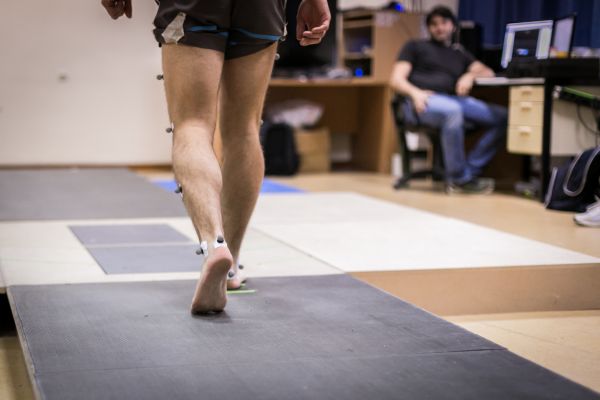
612 – Biomechanics and Ergonomics
After completing this course, the students should be able to understand the current methods of human movement analysis (latest automatic optoelectronic kinematic systems, wireless electromyography, force plate dynamometry, virtual reality and robotics). Furthermore, they will gain practical exercise using the latest equipment of the Biomechanics Lab at TEFAA and will perform biomechanics data analysis. Finally, they will understand the design and correct use of different equipment for the increase of personnel work efficiency and security. -

613 – Performance Psychology
The students after completing this course they should be able to have a broad understanding of theoretical perspectives pertinent to exercise and performance psychology. They will acquire knowledge that allows for a critical view in contemporary exercise and performance psychology issues and understand how psychological principles are applied within the exercise and performance contexts. Finally, they will be able to design and implement programs to improve psychological skills -

614 – Nutrition and Supplements
The students after completing this course they should be able to discuss basic topics in human nutrition and how nutritional status could affect health and performance. They will also be able to describe methods used to assess nutrition status and explain how dietary recommendations are formulated and understand the quantity and quality of food available to individuals in military professionals, as well as develop an understanding of normal and therapeutic/modified diets. Finally they will be able to discuss issues related to nutritional supplements and how those could enhance human performance and survival.
Semester C
- 503 - Innovative technologies in movement analysis
- 505 - Exercise and obesity
- 506 - Biochemistry of Exercise
- 507 - Injuries and rehabilitation of the myoskeletal system
- 604 - Exercise in Extreme Environments
- 701- Physical activity, physical functioning and quality of life in aging
- SE2 - A Seminar
- SE2 - B Seminar
-

503 - Innovative technologies in movement analysis
This is a module where the students at the end of it will be able to understand how modern techniques in movement analysis work, understand how biomechanical data are analyzed. -

505 - Exercise and obesity
This is a module where the students at the end of it will be able to know the etiology of obesity and understand the way exercise can help in preventing or combating it, understand how metabolism works during rest and exercise and develop a proper exercise program for an obese person. -
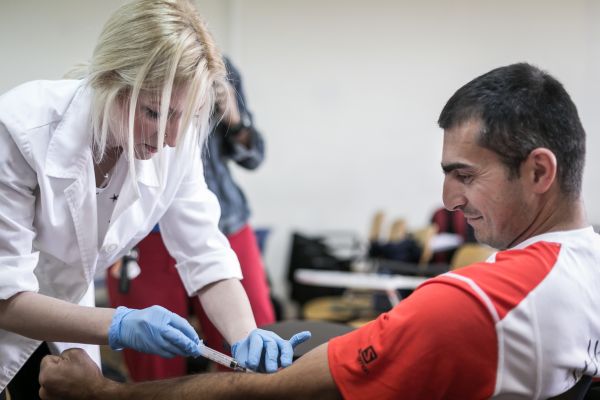
506 - Biochemistry of Exercise
This is a module where the students at the end of it will be able to teach the basic principles of sport endocrinology and exercise biochemistry, to relate the theoretical knowledge of sport endocrinology and exercise biochemistry with the practice, to teach the factors that are related with metabolism during exercise and which ones are important for increasing performance, to understand the long term effects of exercise on human metabolism. -
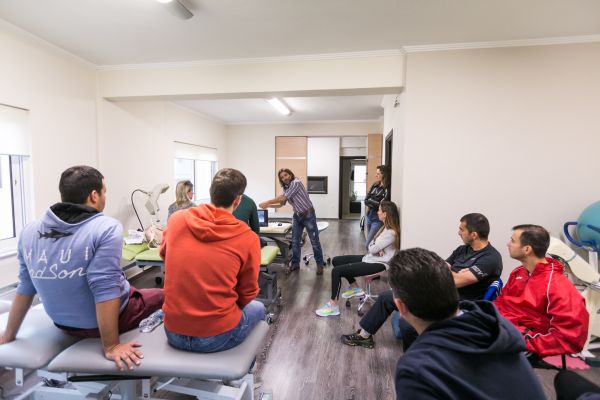
507 - Injuries and rehabilitation of the myoskeletal system
This is a module where the students at the end of it will be able to know and understand the basic function of the musculoskeletal system, know and understand the basic anatomy of muscles, tendons, ligaments and bones, know and understand the mechanism of athletic injuries, know and understand the basic principles of treatment of athletic injuries, evaluate and estimate the severity of athletic injuries -
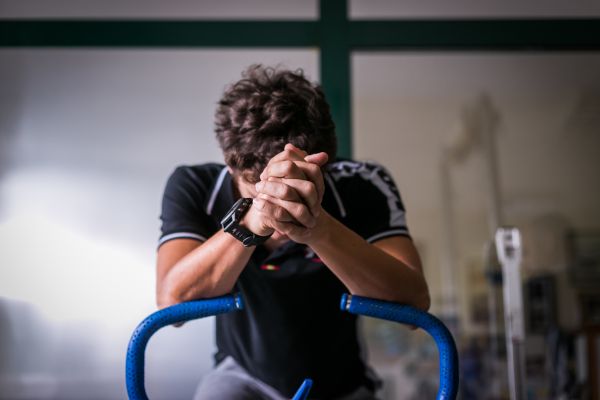
604 - Exercise in Extreme Environments
This is a module where the students at the end of it will be able to explain the underlying mechanisms of the physiological adaptations taking place when the human organism is exposed to extreme environments and apply the principles of exercise physiology in adverse environmental conditions. Furthermore, students will understand how the human organism adapt safely to extreme environments and perform exercise/work. Finally, they will be able to promote safe exercise and physical activity in harsh environmental conditions in order to protect the health of their colleagues when exposed to adverse environmental conditions. -

701- Physical activity, physical functioning and quality of life in aging
This is a module where the students at the end of it will be able to acquire the necessary knowledge and competencies that will enable them to explain the motor behaviour of aged persons and to improve motor performance and functional fitness among them, promoting thus their quality of life. Special emphasis is placed on the psychological outcomes of exercise in the elderly and motivation for exercise is also concerned. -
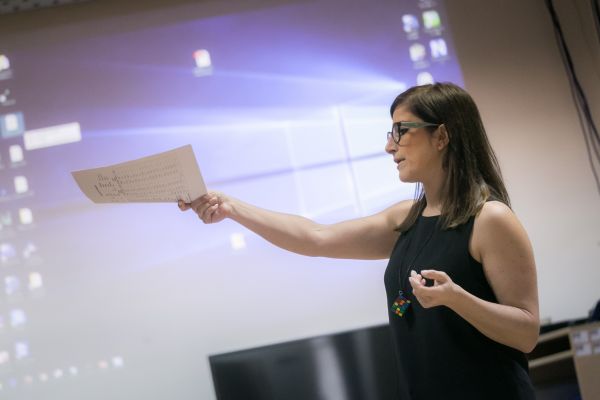
SE2 - A Seminar
Every semester distinguished individuals are invited to perform a series of lectures that students are obligated to attend and write a short summary of the presentation. -
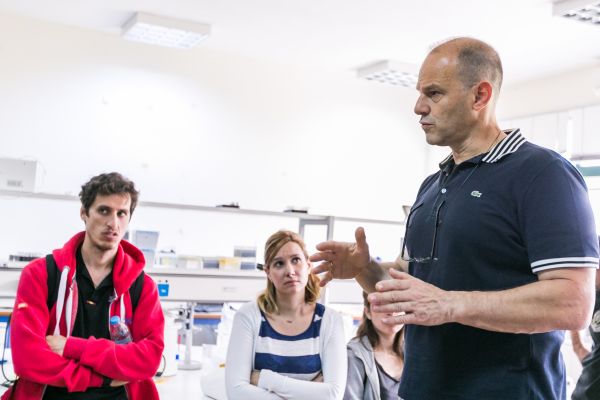
SE2 - B Seminar
Every semester distinguished individuals are invited to perform a series of lectures that students are obligated to attend and write a short summary of the presentation.

